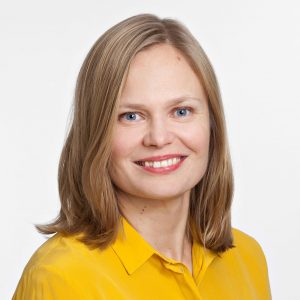 Our first colloquium of Fall 2019 is a Special Colloquium on High Performance Computing (HPC) Applications. We are joined by the Minister of Science and Culture, Hanna Kosonen, who will talk about why HPC is so important for Finland. We will also hear from Professors Ilpo Vattulainen, Minna Palmroth, and Kari Rummukainen who will highlight supercomputing applications at the Department of Physics and Helsinki Institute of Physics (HIP).
Our first colloquium of Fall 2019 is a Special Colloquium on High Performance Computing (HPC) Applications. We are joined by the Minister of Science and Culture, Hanna Kosonen, who will talk about why HPC is so important for Finland. We will also hear from Professors Ilpo Vattulainen, Minna Palmroth, and Kari Rummukainen who will highlight supercomputing applications at the Department of Physics and Helsinki Institute of Physics (HIP).
Finland has 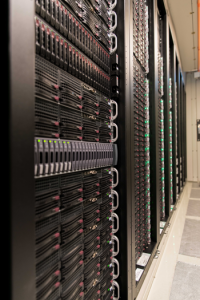 made considerable investments in high-performance computing by renewing the capacity within the CSC – IT Center for Science, and by leading the LUMI consortium that will install one of Europe’s largest pre-exascale supercomputers in Kajaani. But who are the scientific users of HPC in Finland? One of the largest users is the University of Helsinki Department of Physics and HIP, having several groups pioneering in modelling physical systems using supercomputers. This Special Colloquium is targeted to highlight supercomputing applications at the Department of Physics and HIP in a generally understandable manner.
made considerable investments in high-performance computing by renewing the capacity within the CSC – IT Center for Science, and by leading the LUMI consortium that will install one of Europe’s largest pre-exascale supercomputers in Kajaani. But who are the scientific users of HPC in Finland? One of the largest users is the University of Helsinki Department of Physics and HIP, having several groups pioneering in modelling physical systems using supercomputers. This Special Colloquium is targeted to highlight supercomputing applications at the Department of Physics and HIP in a generally understandable manner.
Hanna Kosonen has served as a Member of Parliament since 2015, and is currently Minister of Science and Culture and a member of the Centre Party. During her previous term, she served as a member of the Education and Culture Committee among her other parliamentary duties. Kosonen came to politics from a business career spanning more than ten years. She is a World Champion in Ski Orienteering.
Programme
14:00 Opening, Professor Paula Eerola, Vice Rector for Research
14:00 Minister of Science and Culture, Hanna Kosonen: Why is HPC important for Finland?
14:15 Professor Ilpo Vattulainen: Overall Finnish HPC usage, HPC in biophysics
14:30 Professor and Centre of Excellence Director Minna Palmroth: HPC and New Space Economy
14:40 Academy Professor Kari Rummukainen: HPC in particle physics and cosmology
14:50 Questions & Discussion
15:00 Cocktail reception
Welcome!
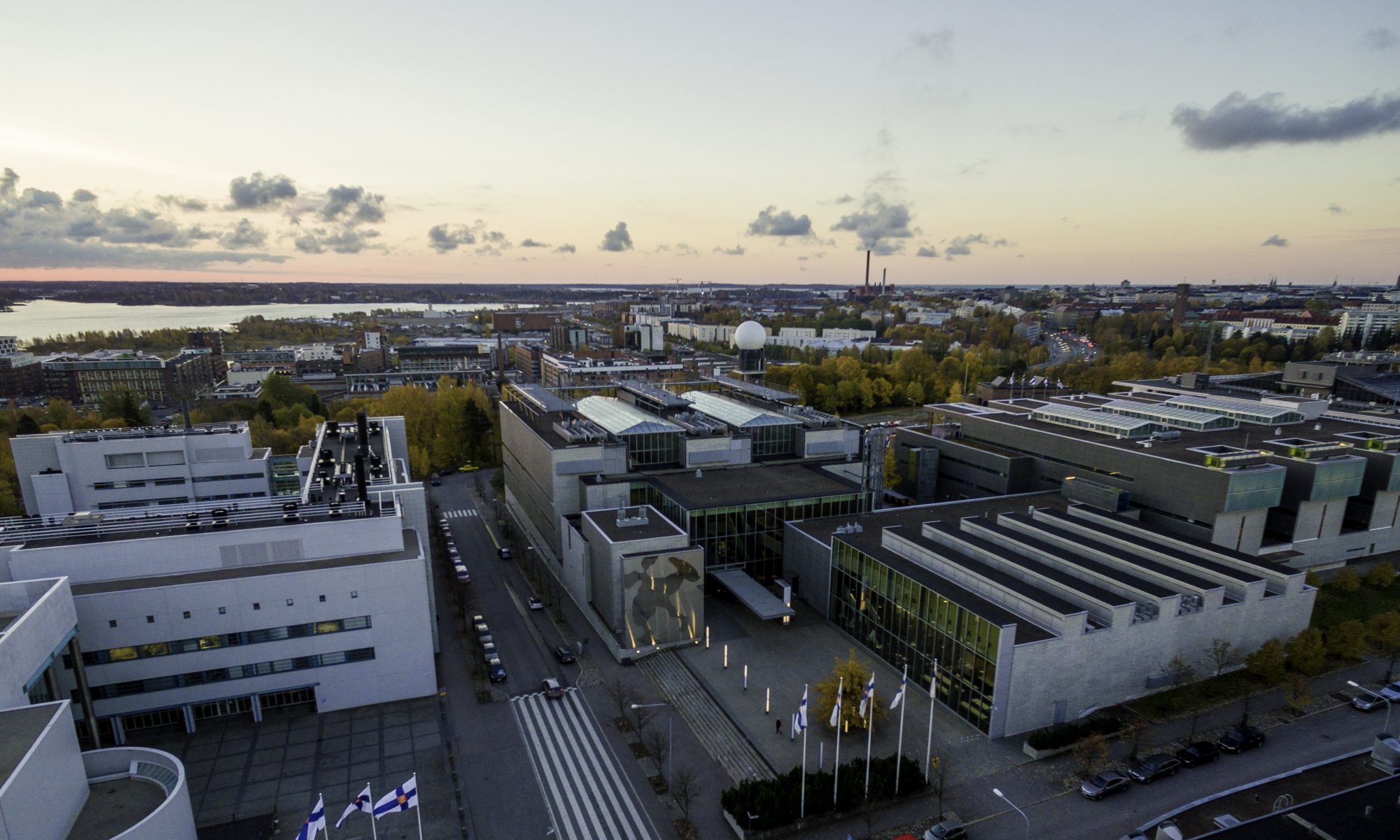

 Our next colloquium will be held on 8th February. Our next talk is an inaugural lecture by another new professor in our department, Peter Johansson.
Our next colloquium will be held on 8th February. Our next talk is an inaugural lecture by another new professor in our department, Peter Johansson.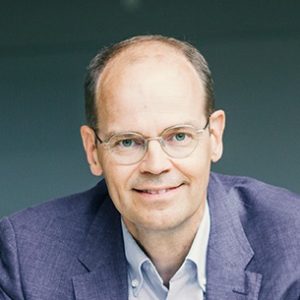 Our first Kumpula Physics colloquium of 2019 will be held on 18th January. The speaker will be
Our first Kumpula Physics colloquium of 2019 will be held on 18th January. The speaker will be 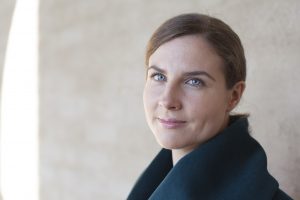 Our final colloquium of 2018 will take place on 14th December. Our speaker is physicist and atmospheric scientist Professor
Our final colloquium of 2018 will take place on 14th December. Our speaker is physicist and atmospheric scientist Professor